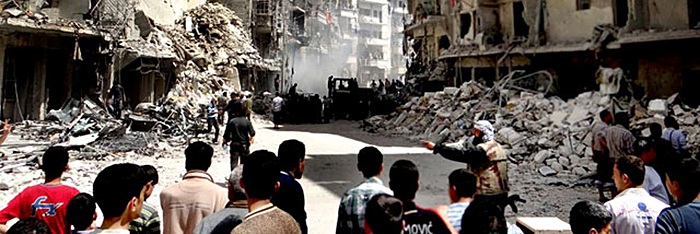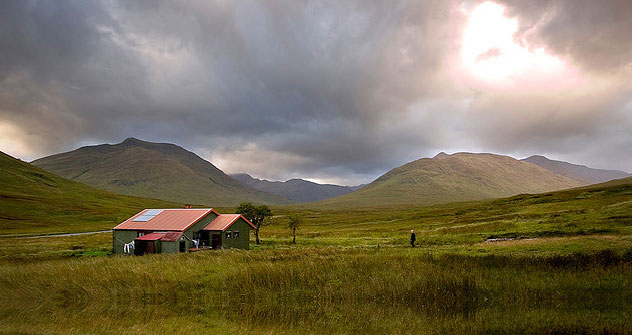Risky Travel Destination Tips

We are an increasingly adventurous bunch when it comes to foreign travel. A generation ago, it would have been considered adventurous to head off for a month backpacking around the Greek islands.
Nowadays, we think nothing of jetting off to climb mountains in Africa or explore the jungles of South East Asia. But how often do we stop to consider how safe the destinations are that we are traveling to?
Before you get the travel bag out of the loft and start packing, it’s a good idea to consult the latest Foreign Office advice.
No Go Zones
The government cannot stop you traveling wherever you like, but the Foreign Office put together a list of areas and countries which they advise avoiding. Countries which are currently on the “avoid” list are Iran, Somalia, Syria, Yemen and Mali. All of these countries have been in the news recently and it’s easy to see why the government is saying they’re not the ideal destination for an adventurous holiday. Reasons for avoiding travel range from the ongoing civil war in Syria to the high possibility of terrorist activity in Somalia and the current military operations in Mali by France.
Other areas
There are very few countries which the government advises people to avoid completely, but the secondary list of areas to avoid throws up some more established tourist destinations. For example, the Egyptian seaside resorts such as Sharm El Sheikh are considered safe, but tourists are warned against traveling around the Sinai peninsula by car or getting caught up in any political demonstrations. India is one of the most popular backpacking destinations, and is for the most part very safe. However, Kashmir province is considered very risky for British tourists, and there is a general warning about being vigilant for terrorist activity after the devastating attacks in Mumbai.
Evaluating Risk
Some of us are by nature more adverse to taking risks than others. It is fair to say that you are probably as much at risk of being caught up in a terrorist attack in London as you are in Mumbai, but this does not reassure the nervous traveller. Foreign Office advice is regularly updated as the situations change, so if you are planning a visit to a more exotic location such as Kenya, Madagascar or Venezuela, it’s wise to check the advice every day in the weeks before you travel. Check your insurance policy documents too, as many will exclude claims made from countries which you are advised not to travel to, leading to possible difficulties later on.
Getting Help
Should the worst happen and you are caught up in a sudden military uprising or some other event overseas, this is where the British diplomatic service springs into action. Contact details for embassies and consulates around the world are published online, and should be your first port of call. Embassy staff will arrange to keep you safe until a flight home can be organised. Embassies can also help with more mundane problems encountered overseas such as losing your passport or falling foul of the local Police.
Guest blogger Morag Peers is a keen traveller and blogs on a number of travel topics. She always travels light, with a notepad and pen to record her exploits, and with a sturdy and robust Roncato Luggage case to protect her things no matter her destination.







